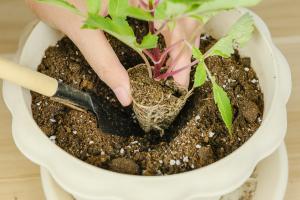Crab claw grafting cactus
1. First, choose a cactus that is more than 1 year old. Opuntia dillenii is most suitable for grafting with the crab claw orchid, and its survival rate is very high. If not, other varieties can be used instead

2. If you want to graft at the top, cross cut it at the top with a sterilized knife
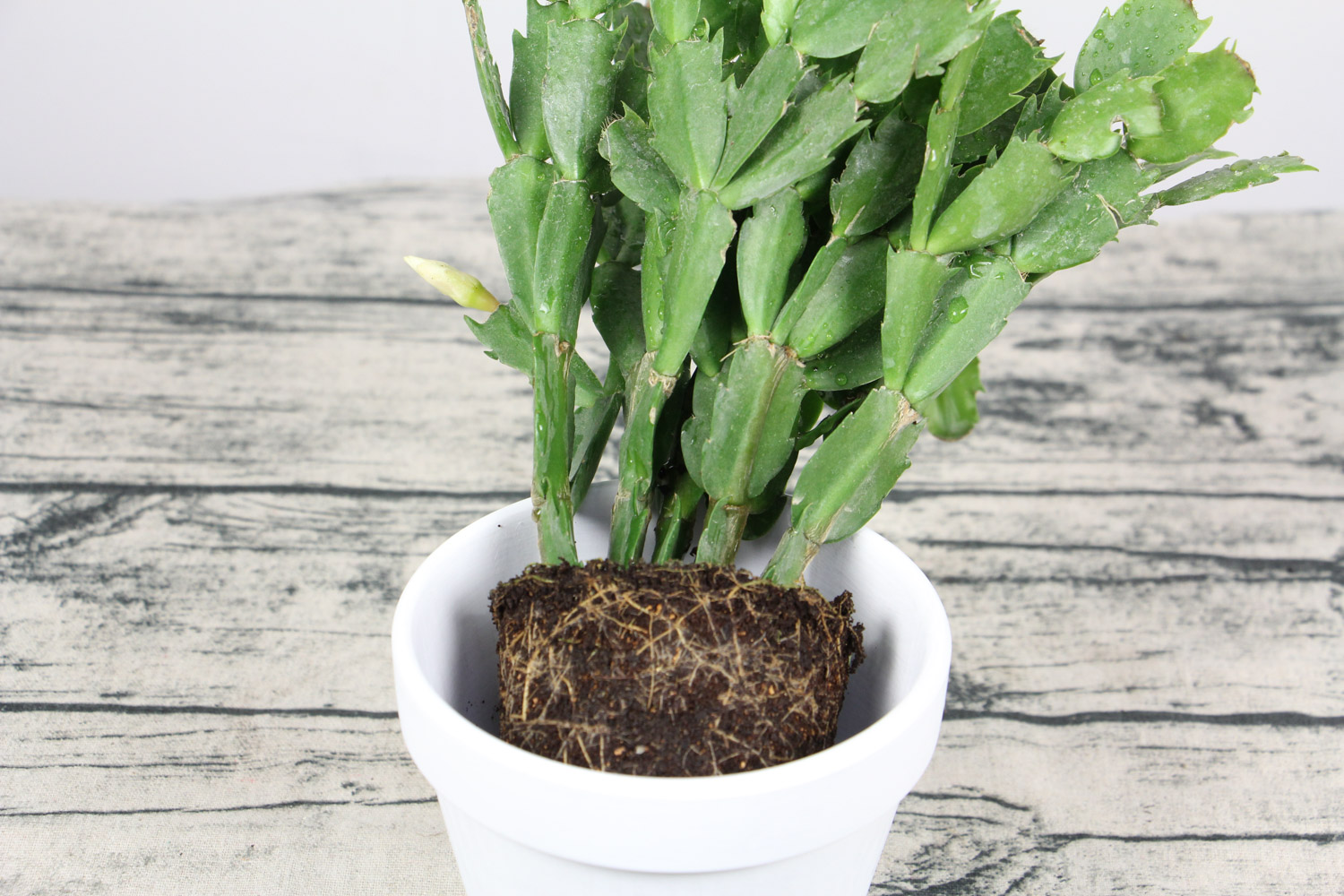
3. After the incision, you will see that the section is divided into two parts. The outer circle is the epidermis and the middle is the medulla. The best place to insert the crab claw is between the epidermis and the pith, and the wound heals faster when inserted in this position
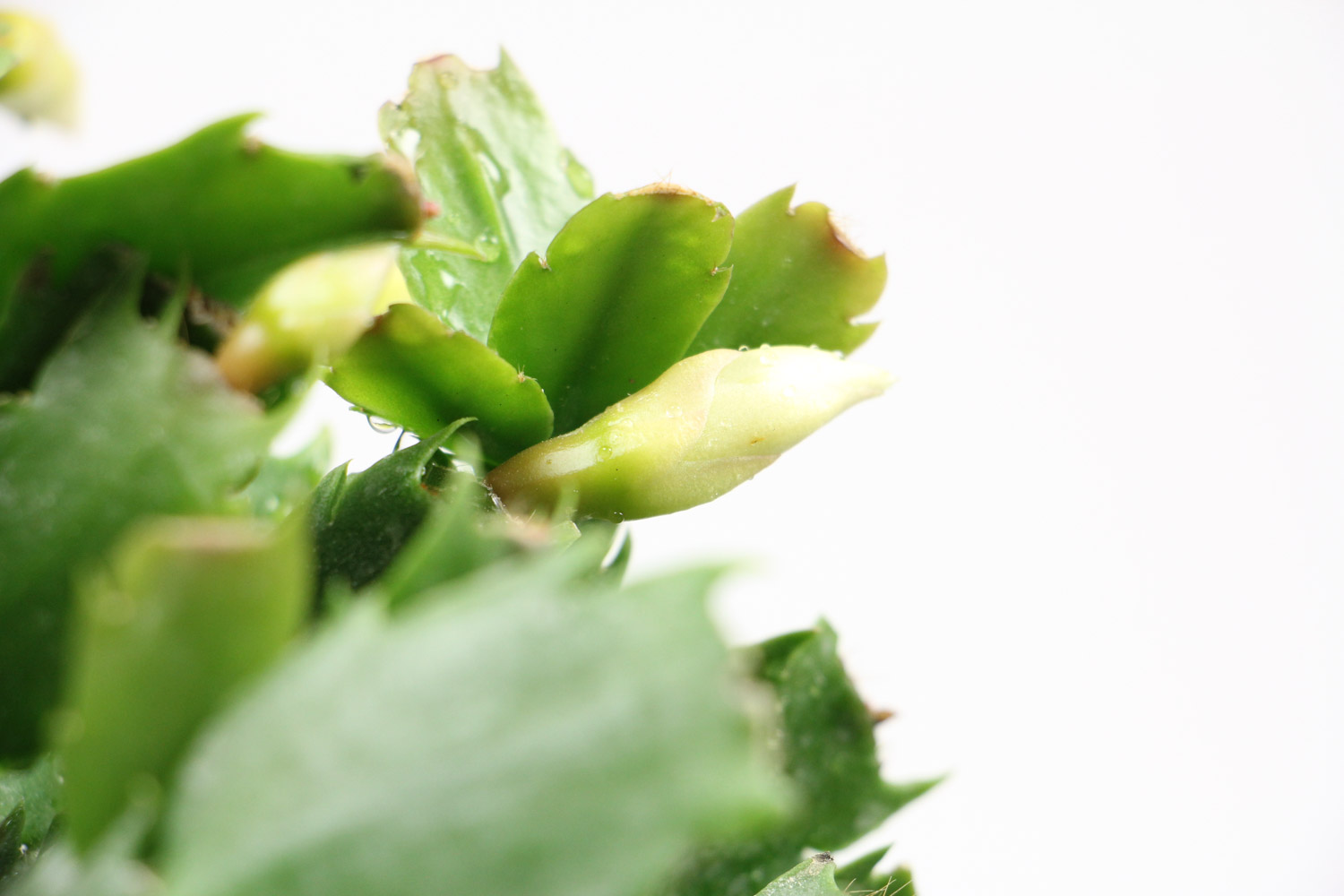
4. Cut the cambium with a knife. It should not be too wide. It should be about the same width as the inserted crab claw. In this way, the grafting wound is small and the recovery is fast
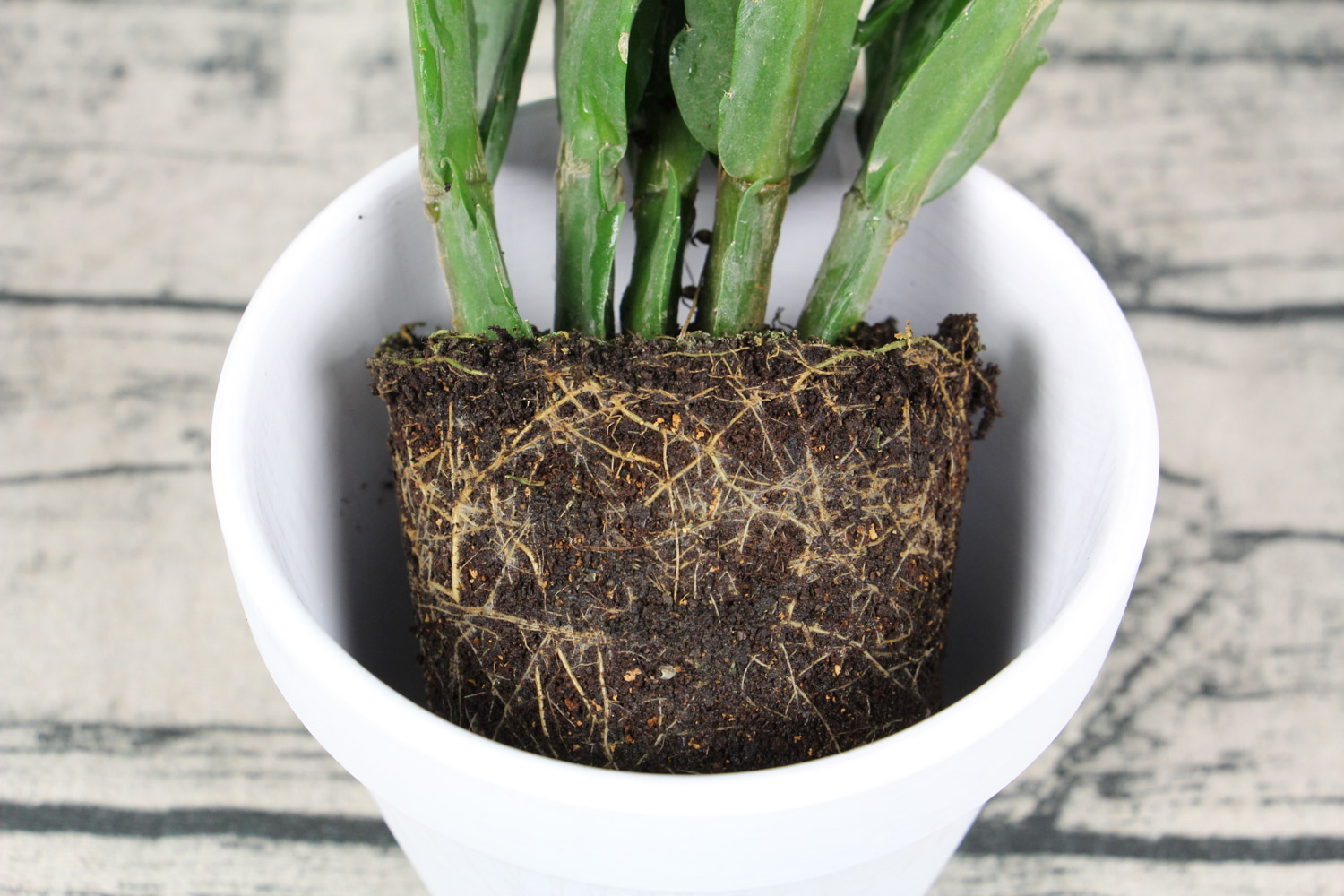
5. Prepare the cuttings of crab claw orchid. Each section has 2 ~ 3 leaves. Do not use new leaves or too old leaves. It is best to use robust leaves in the middle
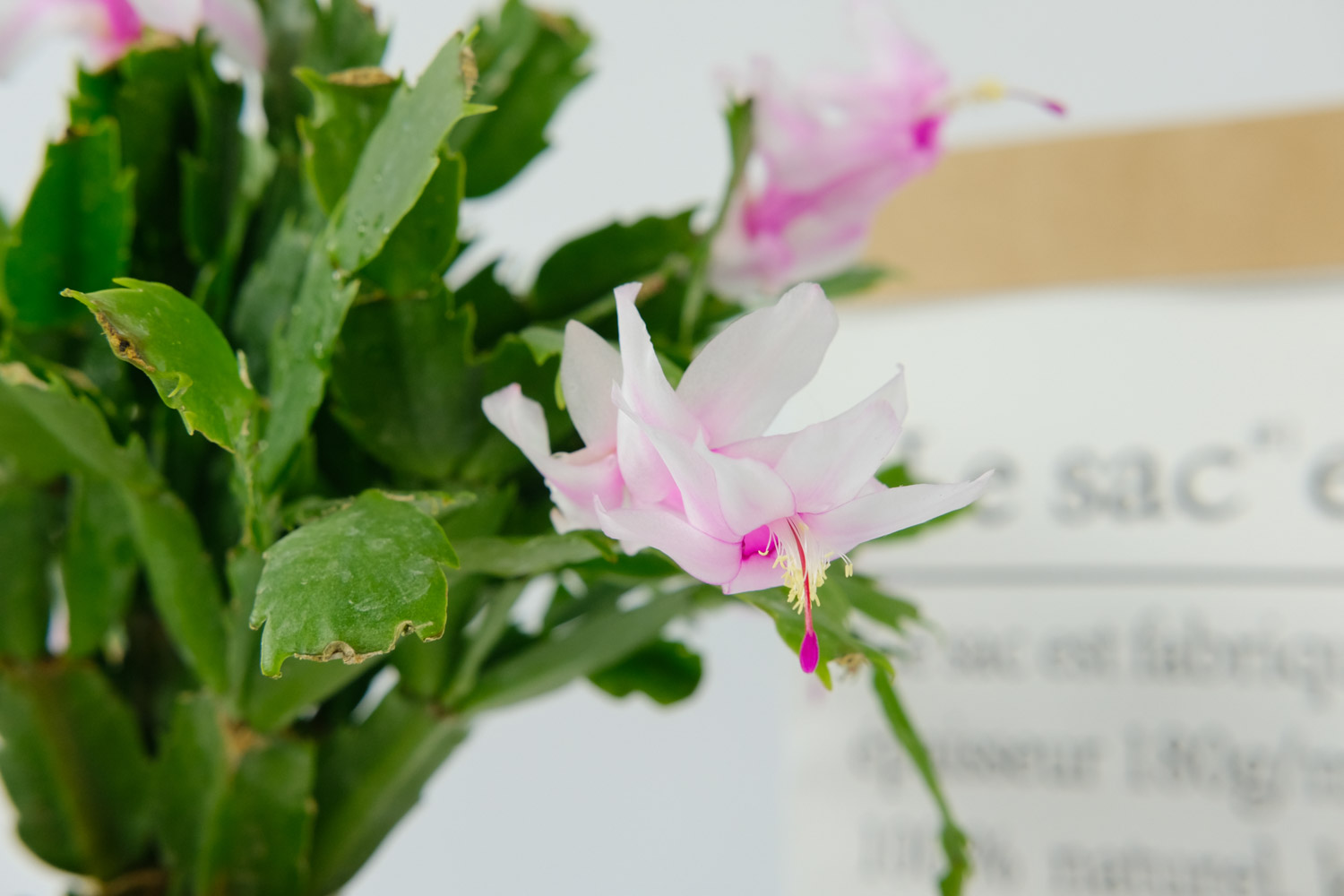
6. Cut the bottom of the blade with a sterilized blade and leak a little white part. Try to form it at one time

7. Insert the crab claw leaf into the incision, and try to connect the middle line of the leaf with the thorn seat of the cactus. The thorn seat is the growth point of the cactus, so it is easier to survive. After insertion, fix it with toothpick or clip

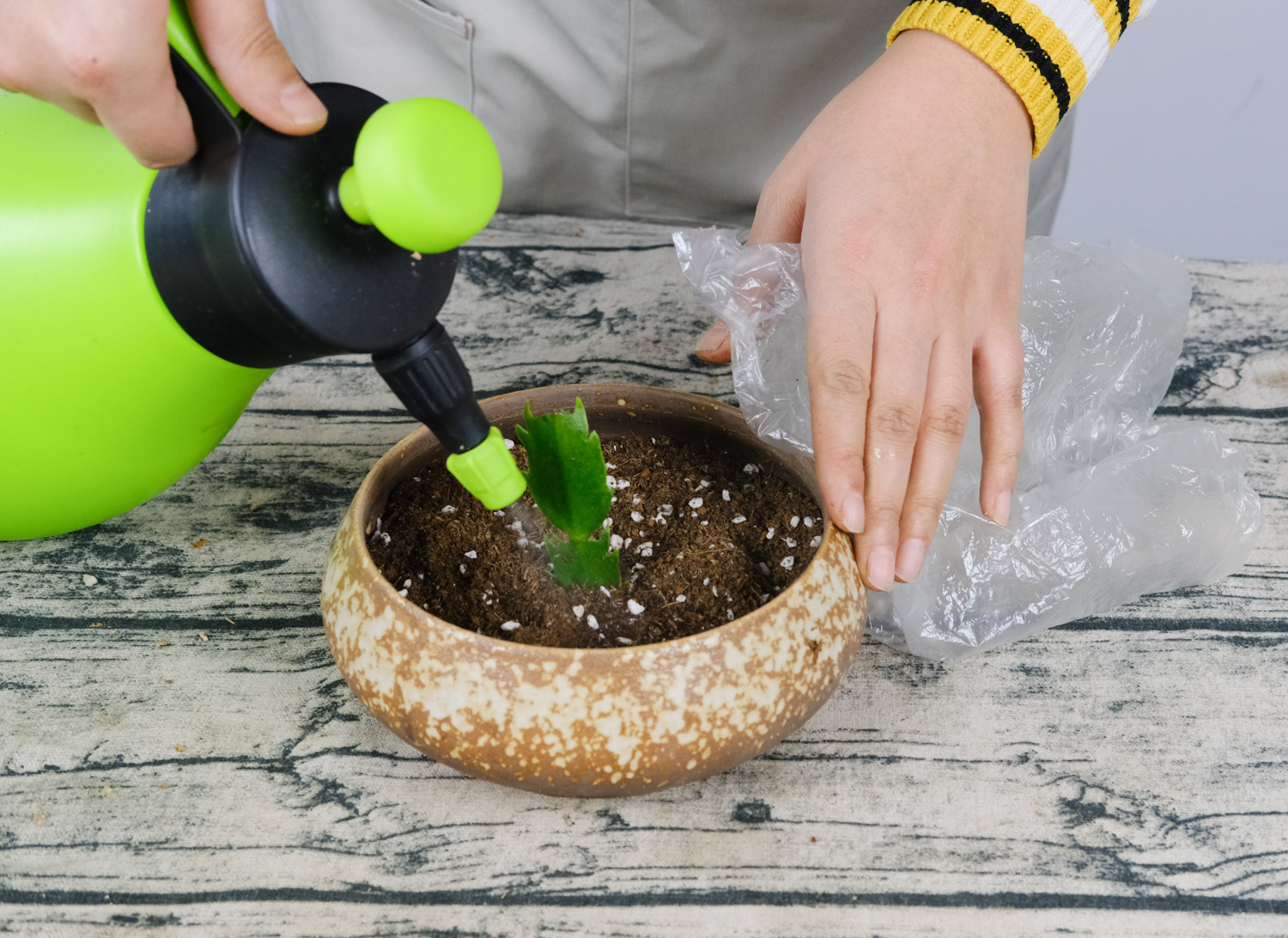
8. In addition to horizontal insertion, the top can also be inserted vertically. Use a knife to cut a hole about 1.5cm deep above the thorn base, put the cuttings in, and then fix them
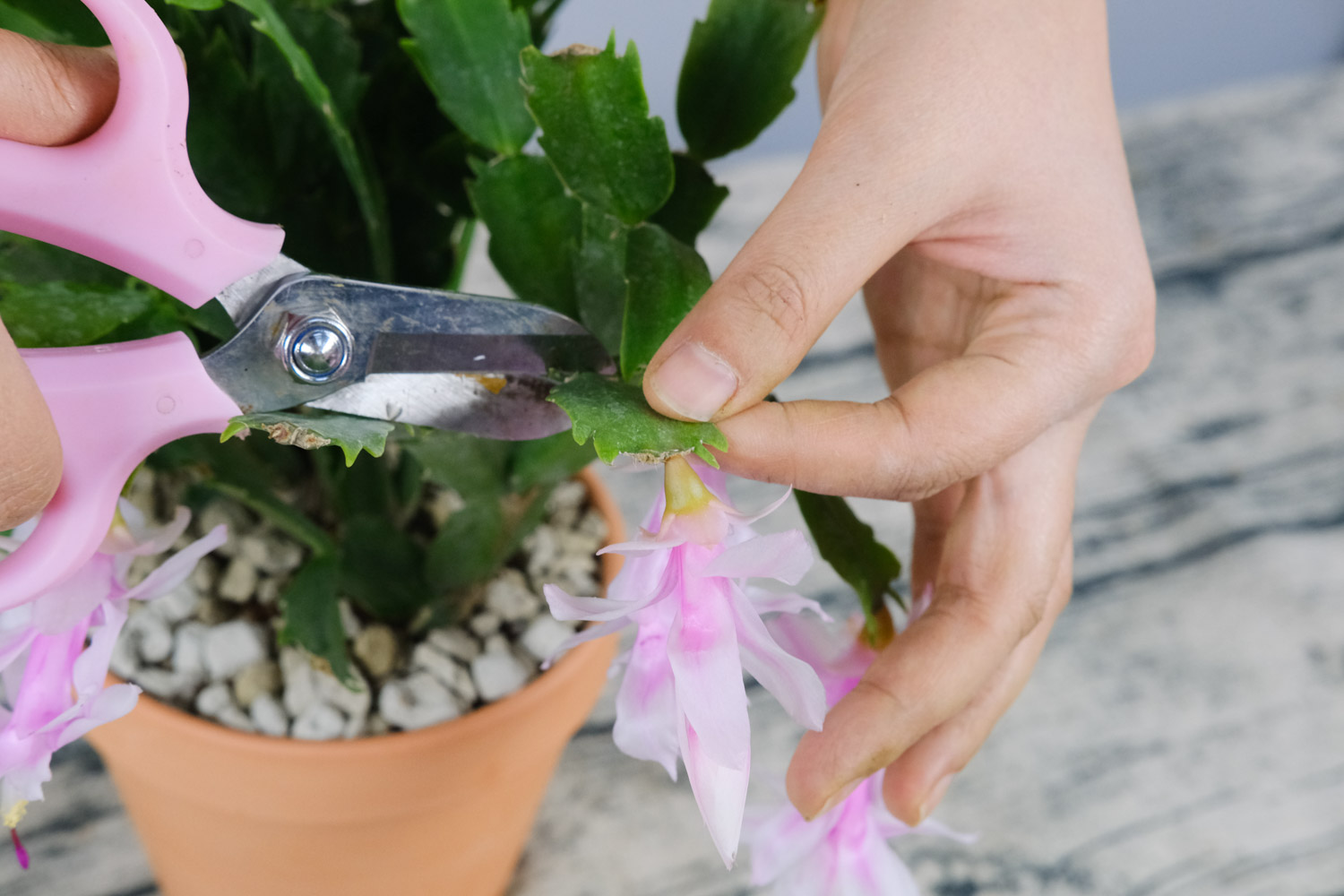
9. If you want to graft multi-layer crab claw, you can also cut grafting on the side of cactus leaves. First use alcohol to disinfect the position where you want to graft

10. Cut a small inverted triangle with the tip of the knife, insert the cuttings and fix them
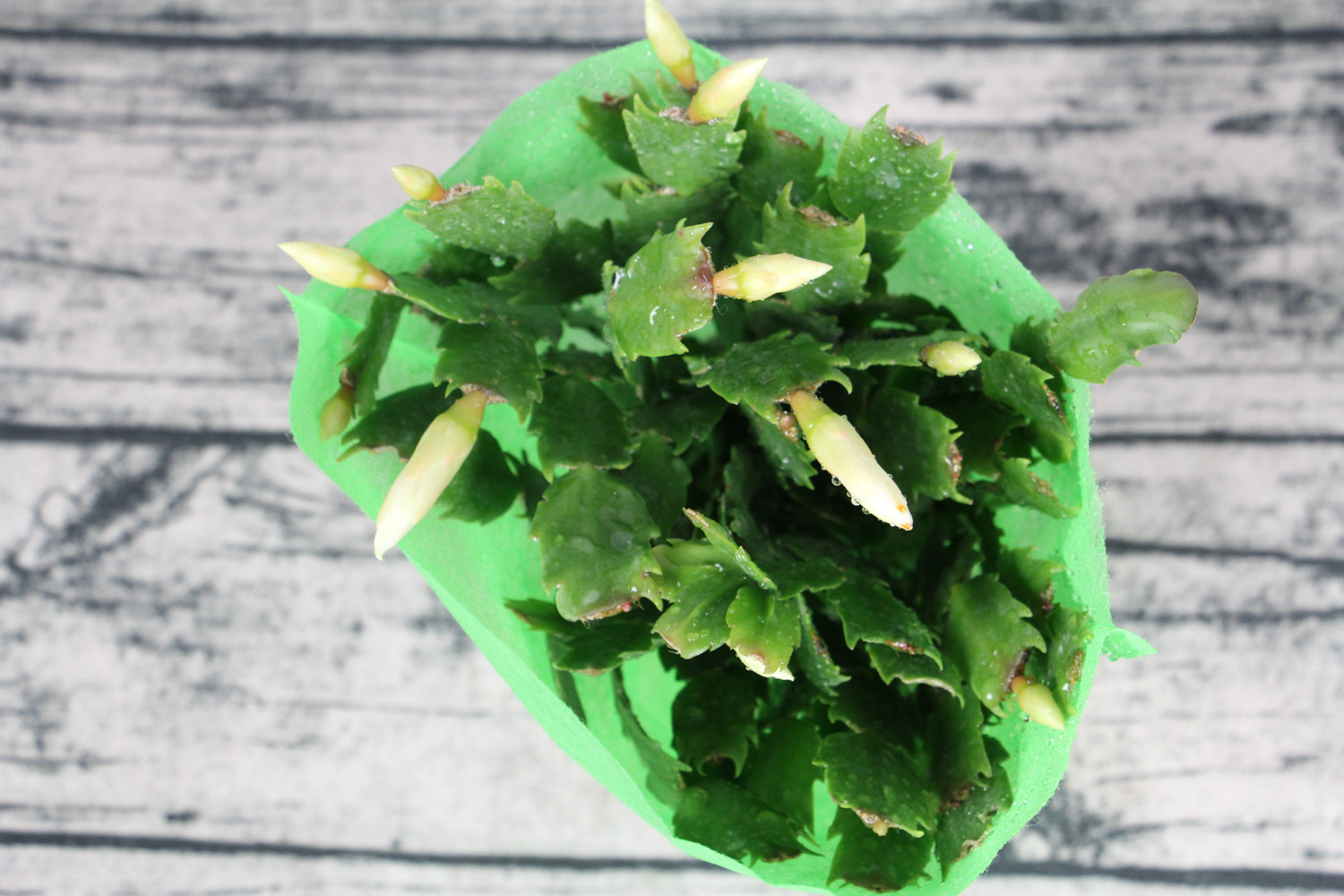
11. The newly grafted cactus should not be watered for 10 days. If the crab claw leaves do not wilt after more than 10 days, it indicates that the grafting is successful
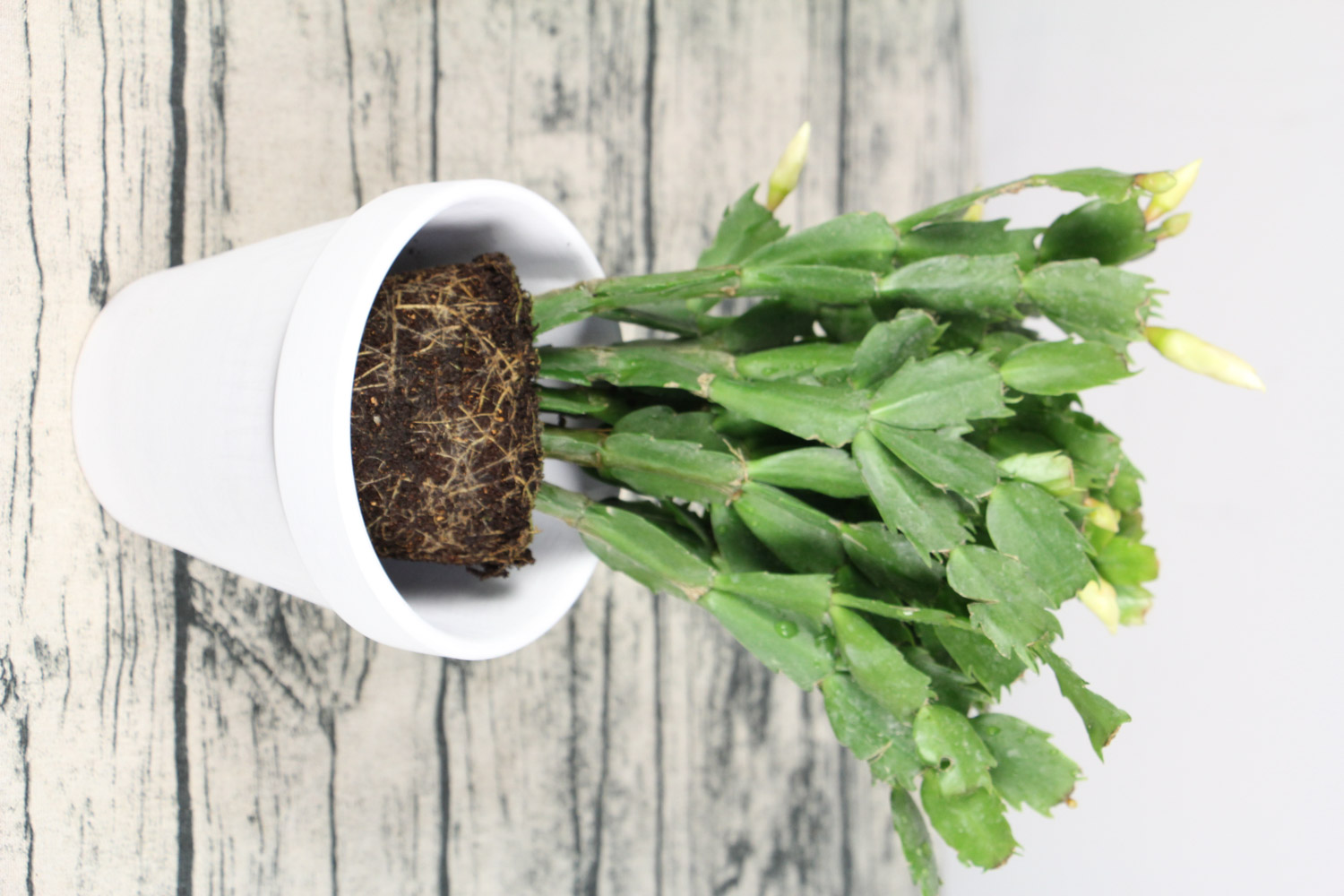
12. The following figure shows a crab claw grafted by a flower friend. Compared with the first one after more than three months, it grows very fast
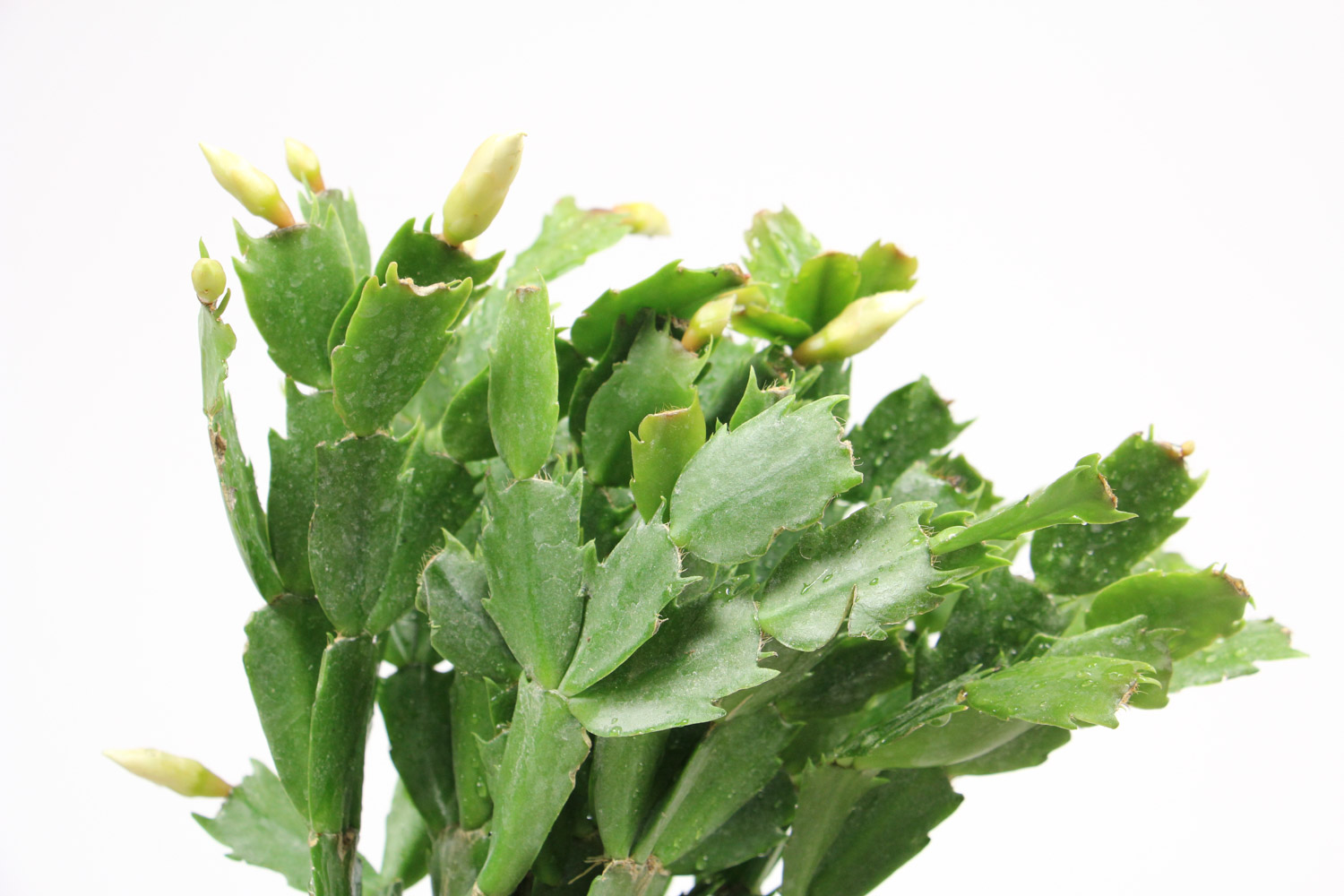
Precautions of crab claw grafting
1. Pay attention to the grafting process, and disinfect the cutting tools, cuttings and cuts. Many flower friends failed to graft and the cactus wound rotted because they were not prepared for disinfection
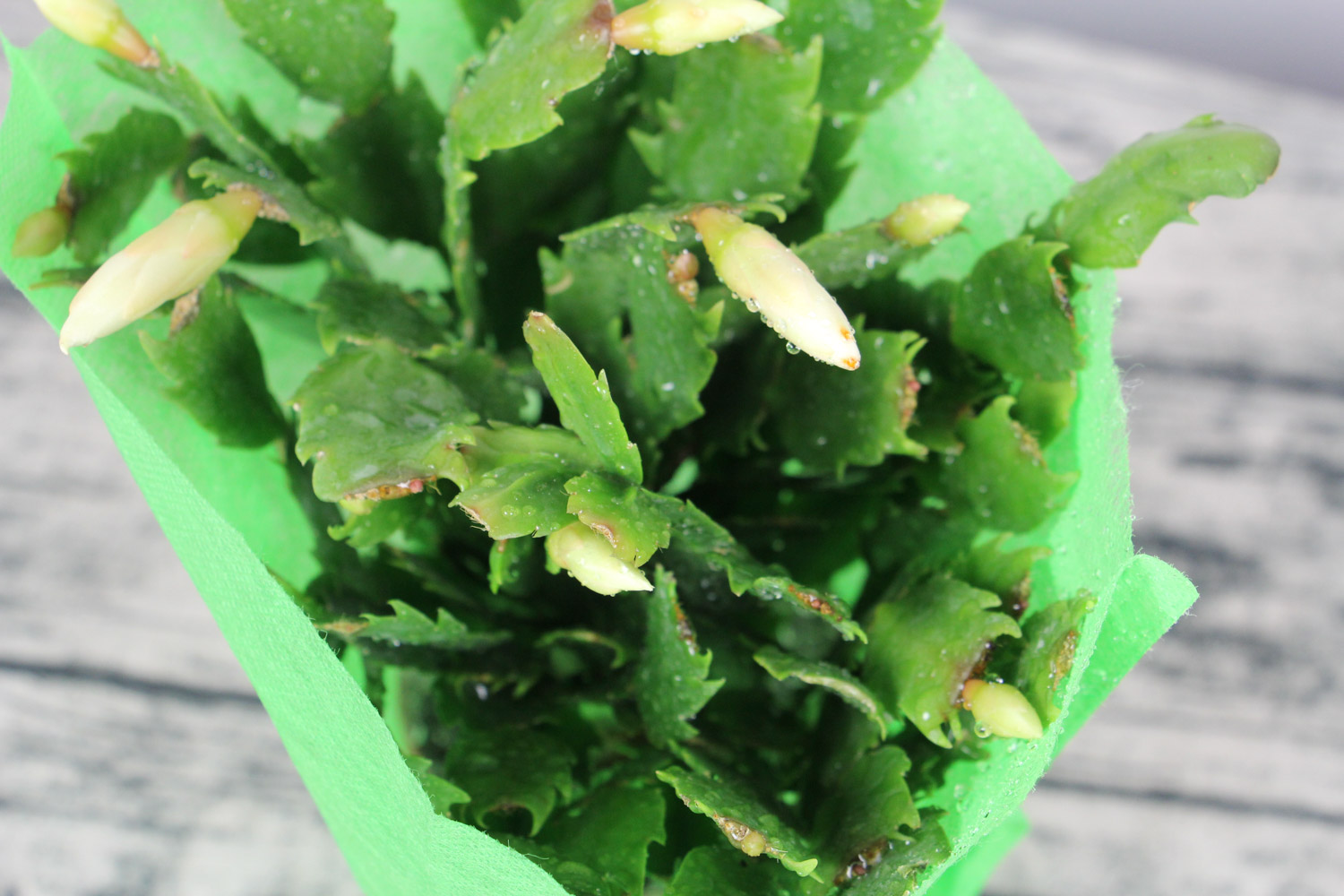
2. Grafting is best in the morning on a sunny day. Cloudy and rainy days will cause slow wound healing, infection and other problems, let alone rain
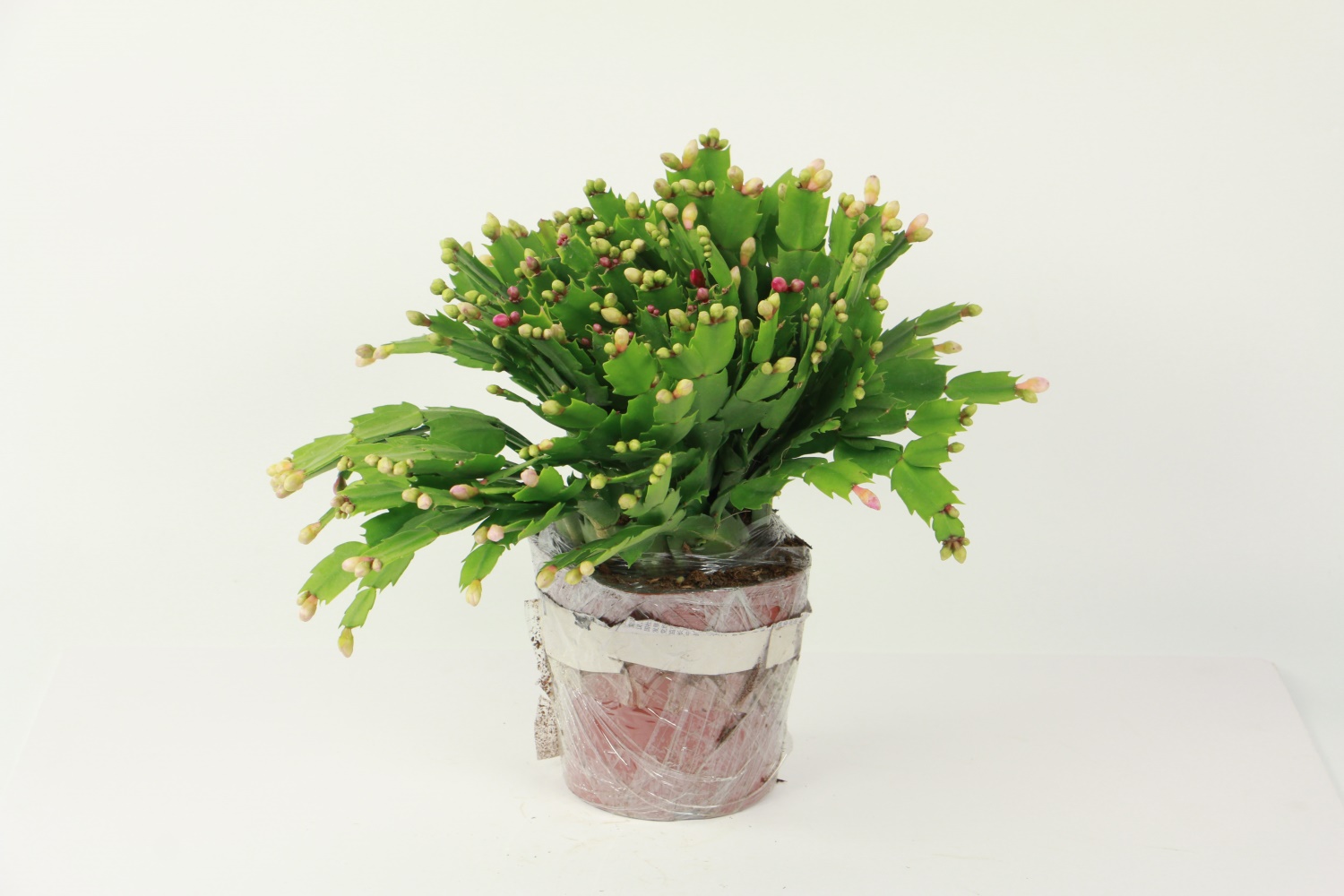
Here's the little knowledge of grafting
Is it easy to learn
If you like, you might as well try it

 how many times do yo...
how many times do yo... how many planted tre...
how many planted tre... how many pine trees ...
how many pine trees ... how many pecan trees...
how many pecan trees... how many plants comp...
how many plants comp... how many plants can ...
how many plants can ... how many plants and ...
how many plants and ... how many pepper plan...
how many pepper plan...
